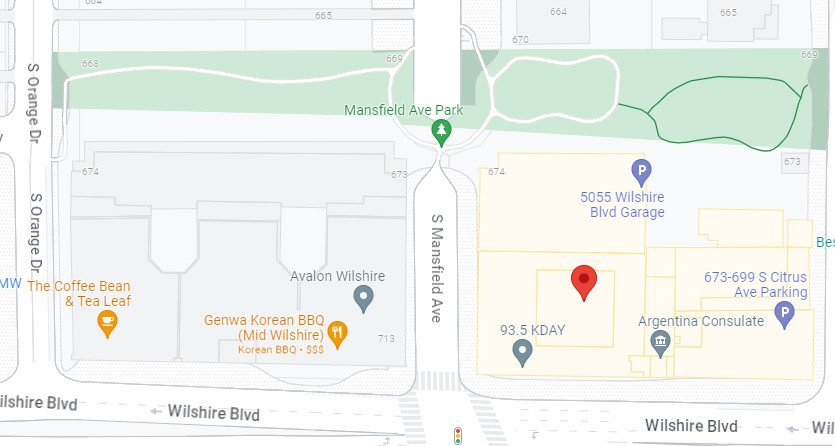Expired or Unused Medication? Your Guide to Safe Disposal.
 For most people, taking prescription or over-the-counter medications is an essential part of managing your health. But what do you do with leftover medication that is no longer needed or that has expired? While most people just throw unneeded medication in the trash or flush it down the sink or toilet, both could be hazardous, depending on the medication. Medication thrown in the trash may be retrieved and misused, and medication flushed down the sink or toilet can negatively impact the environment.
For most people, taking prescription or over-the-counter medications is an essential part of managing your health. But what do you do with leftover medication that is no longer needed or that has expired? While most people just throw unneeded medication in the trash or flush it down the sink or toilet, both could be hazardous, depending on the medication. Medication thrown in the trash may be retrieved and misused, and medication flushed down the sink or toilet can negatively impact the environment.
The best way to dispose of most types of unused or expired medicines (both prescription and over the counter) is through a drug take-back program or home disposal kit. Both are available through the Health Plan’s new prescription drug benefit manager, CVS Caremark. Even without those methods, however, there are other options for disposing of your medication safely and securely, even at home.
Medication Disposal Kiosks
The best way to properly dispose of unwanted, unused or expired medication is to take it to a medication disposal collection bin. These are clearly marked, secure bins or kiosks used to collect certain types of medications for safe disposal. Though you will find them most often in pharmacies, including many CVS locations, medication disposal bins may also be found at a sheriff’s or police department. To use one, simply bring your unneeded medication to a collection location and drop it into the box – just like putting a letter in a mailbox.
Make sure to note the bin’s guidelines on accepted and non-accepted medications. To find a drug disposal kiosk location near you, visit https://safe.pharmacy/drug-disposal/. Once you have entered your zip code, the locator tool will display the nearest disposal locations along with the types of medications accepted at each.
Home Disposal Kits
If no medication disposal bins are available near you, another way to properly dispose of unused medications is with a home disposal kit. Home disposal kits usually work by mixing your medication with a neutralizing agent and water, then you can dispose of the container into the trash.
There are several different home disposal kits available, some you can purchase and others you can request free of charge at your pharmacy. CVS, for example, offers one DisposeRx® home disposal kit free upon request in locations without a disposal bin and with every new opioid prescription. Additional kits may be available, subject to that location’s guidelines and supply.

Do It Yourself Disposal Options
If you do not have access to a medication disposal location or home disposal kit like DisposeRx, there are ways to dispose of your unneeded medication at home…with caution. As a last resort, some medications may be safely flushed or thrown away. See more below:
- Check the FDA “Flush List”. You should not flush your medicine unless it is on the flush list.
- Check your medication packaging for the manufacturer’s recommended method of disposal.
- Follow FDA-recommended instructions for disposing of non-flushable medications.
What about sharps (needle) disposal?
 When it comes to sharps—a medical term for tools with sharp points or edges that can puncture or cut skin—proper disposal is somewhat different, as many medication disposal drop-off locations, including CVS locations, do not accept sharps. It is important, however, to dispose of sharps properly as they can injure people and pets, as well as spread serious infections. Examples of sharps include needles, syringes, lancets (ex., finger sticks), auto-injectors (ex., EpiPens), infusion sets and connection needles/sets (ex., at-home hemodialysis).
When it comes to sharps—a medical term for tools with sharp points or edges that can puncture or cut skin—proper disposal is somewhat different, as many medication disposal drop-off locations, including CVS locations, do not accept sharps. It is important, however, to dispose of sharps properly as they can injure people and pets, as well as spread serious infections. Examples of sharps include needles, syringes, lancets (ex., finger sticks), auto-injectors (ex., EpiPens), infusion sets and connection needles/sets (ex., at-home hemodialysis).
To dispose of your sharps, it is recommended that you mail them back to the manufacturer. Return information is usually included in the product packaging. Before returning a sharps container, be sure your medication manufacturer participates in a mail-back program by visiting https://safeneedledisposal.org/solutions/pharmaceutical-programs/. Sharps return containers are also available for purchase at many retail pharmacies, including CVS, that provide these containers upon request and free of charge when filling prescriptions for injectable medications.
To learn about the CVS’s sharps return guidelines and to find detailed instructions on how to return sharps, visit: www.dgaplans.org/cvs-sharps-disposal.
Conclusion
Keep your family, friends and pets safe by properly disposing of old medications. Old prescriptions left unsecured in the home can lead to accidental poisoning or prescription medication abuse.
If you have questions or need help about CVS’s options for safe medication disposal, contact CVS Customer Relations at (888) 607-4287.


 OFFICE LOCATION & HOURS:
OFFICE LOCATION & HOURS:
 MEETING INFORMATION:
MEETING INFORMATION: FAXES:
FAXES: